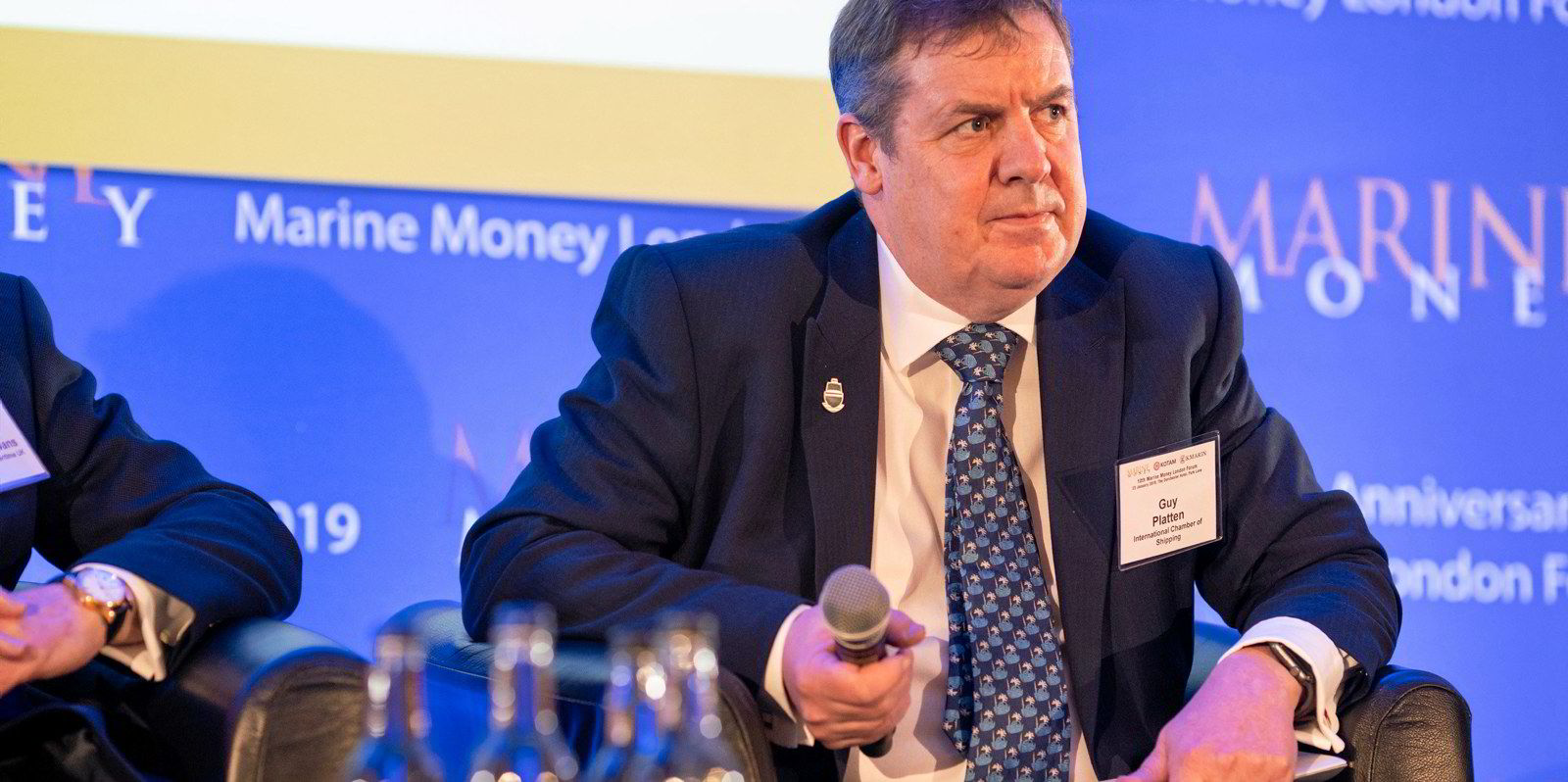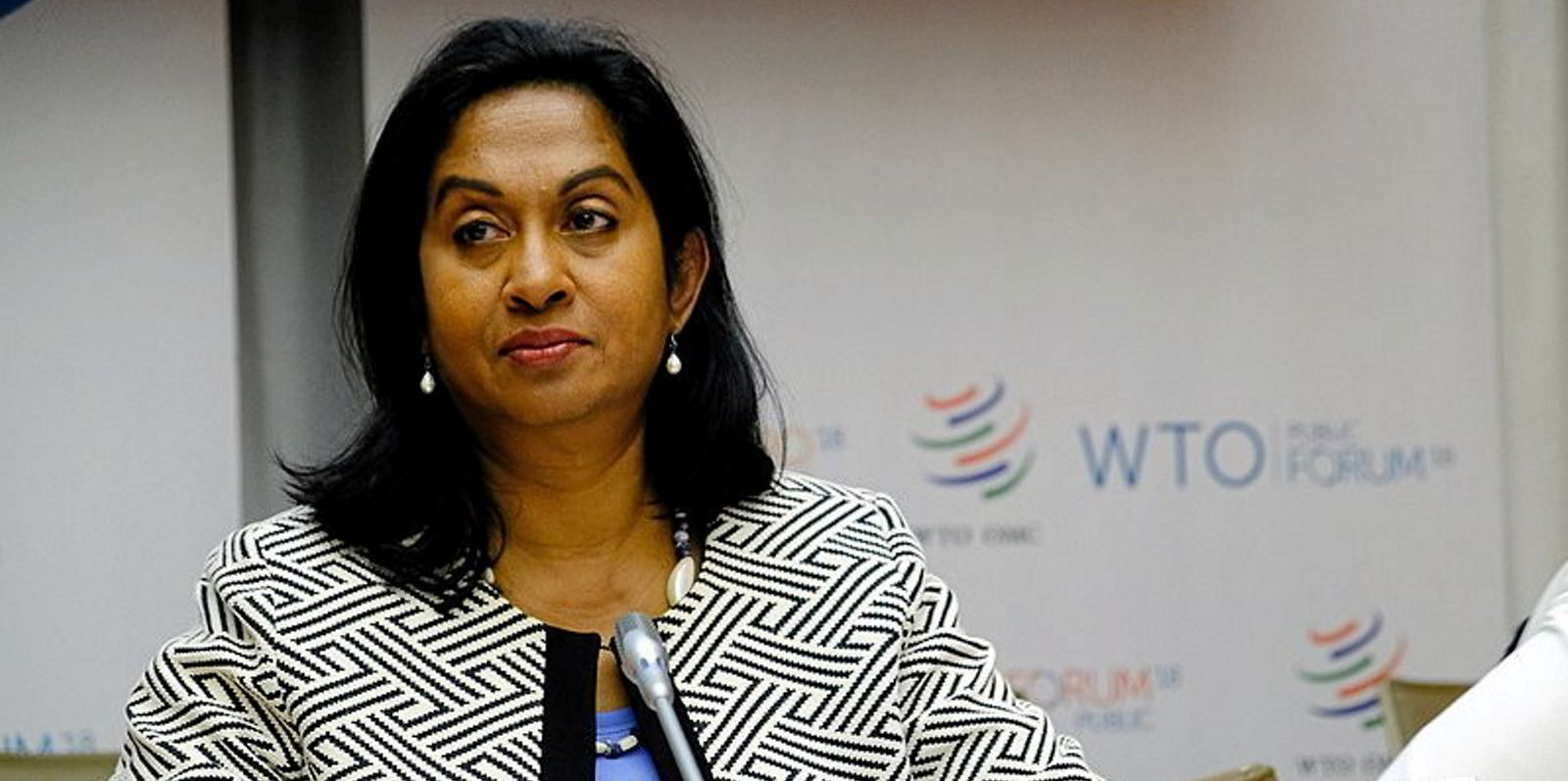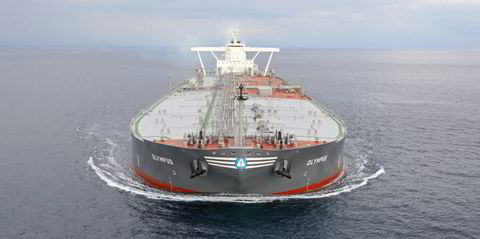Governments are poised to consider a proposal from a group of leading shipping associations to establish a $5bn fund to finance the development of zero-carbon emission ship technology.
A group of eight shipping industry associations have tabled their proposal at the International Maritime Organization's Marine Environment Protection Committee (MEPC) in the hope of gathering support from member states. The five-day meeting ends on Friday.
The proposal's backers are the International Chamber of Shipping, BIMCO, Intercargo, Intertanko, Interferry, the International Parcel Tankers Association, the World Shipping Council and the Cruise Lines International Association.
The scheme calls for the establishment of an International Maritime Research and Development Board (IMRDB) to coordinate zero-carbon emission technology development based on future fuels such as hydrogen and ammonia.
Fully independent
The idea is for the IMRDB to be fully independent and funded through a mandatory $2-per-tonne levy on marine fuel.
In a statement, the shipping associations said there is an urgent need for research and development to get underway.
“The carbon reductions required by the IMO target of reducing total emissions from international shipping by at least 50% by 2050 compared to 2008, will only come from identifying and developing new zero-carbon technologies so that commercially viable zero-carbon ships can begin to operate in the 2030s,” the groups said.
The sponsors said the idea is that the IMRDB would “put itself out of a job” once it had achieved its technology goals in 15 years’ time.
The European Commission recently agreed to include shipping in its emissions trading scheme, but the IMRDB proposal is fundamentally different.
Based on fuel levy
While emissions trading plan is based on carbon pricing and is intended as a market-based measure to deter greenhouse gas emissions form shipping, the IMRDB is based on a fuel levy. It is intended as a pure research and development fund.
However, the MEPC meeting is prioritising approving a package of short-term measures to achieve the IMO’s target of a 40% improvement in shipping’s carbon intensity by 2030. There is a question mark over how far they would be able to progress the idea this year.
The sponsors also need to find the backing of a number of influential IMO member states to help push their idea through the regulatory process.







